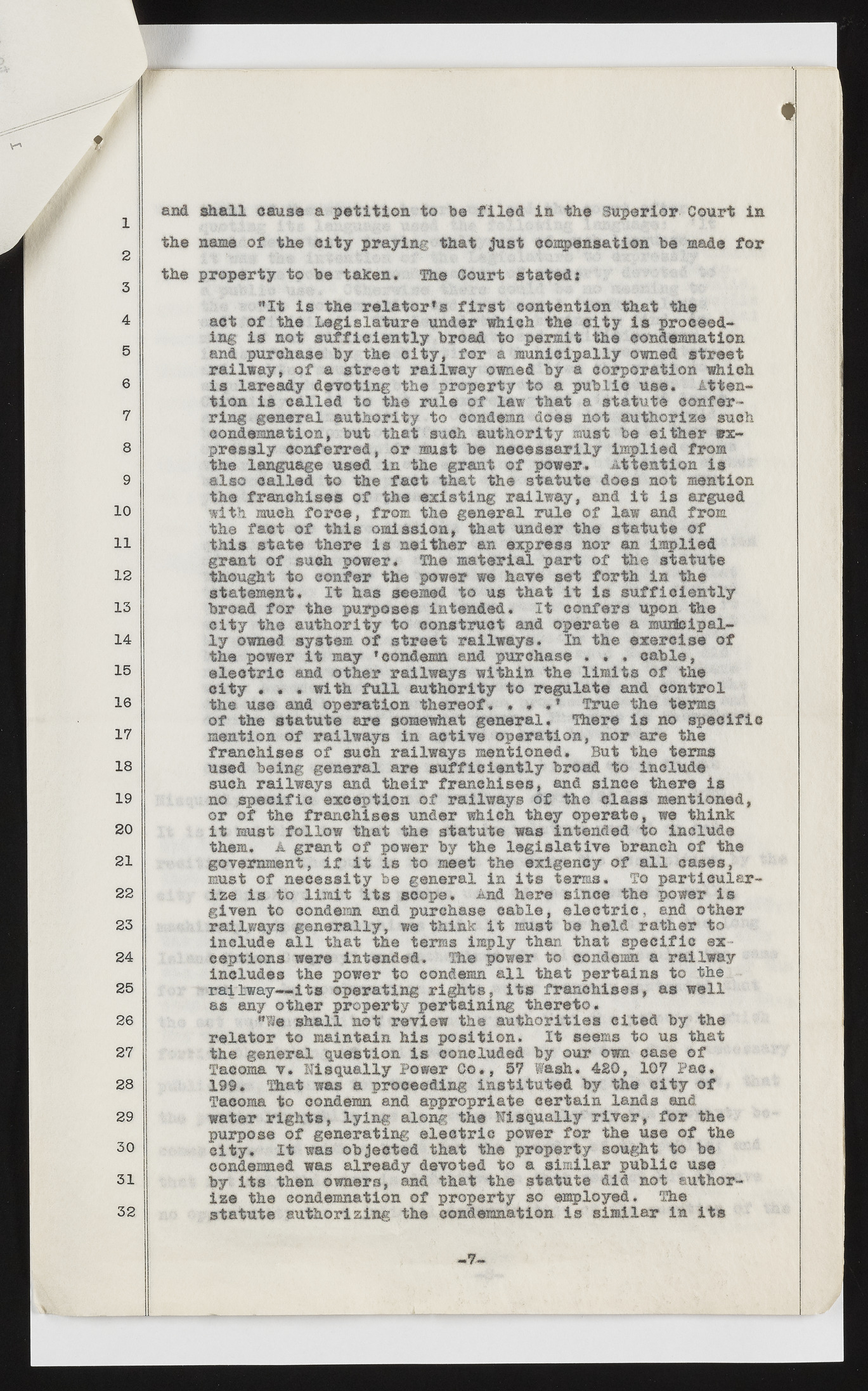Copyright & Fair-use Agreement
UNLV Special Collections provides copies of materials to facilitate private study, scholarship, or research. Material not in the public domain may be used according to fair use of copyrighted materials as defined by copyright law. Please cite us.
Please note that UNLV may not own the copyright to these materials and cannot provide permission to publish or distribute materials when UNLV is not the copyright holder. The user is solely responsible for determining the copyright status of materials and obtaining permission to use material from the copyright holder and for determining whether any permissions relating to any other rights are necessary for the intended use, and for obtaining all required permissions beyond that allowed by fair use.
Read more about our reproduction and use policy.
I agree.Information
Digital ID
Permalink
Details
Member of
More Info
Rights
Digital Provenance
Publisher
Transcription
1 2 3 4 5 6 7 8 9 10 11 12 13 14 15 16 17 18 19 20 21 22 23 24 25 26 27 28 29 f end sh all cause a petition to he file d in the Superior Court in the name of the city praying that just compensation be mad® fo r the property to be taken. She Court stated! wIt is the re la t o r1s f i r s t contention that the ant of the legislatu re under which the c ity is proceed** lag is not s u ffic ie n tly broad to permit the condemnation and purchase by the city , fo r a municipally owned street railway, o f a street railway owned by a corporation 'which is laready deroting the property to a public use. Attention is called to the ru le of law that a statute conferring general authority to condemn-does not authorize such condemnation, but that such authority must be either expressly conferred, or asst be necessarily implied from the language used in the grant of power. Attention Is also called to the fac t that the statute does not mention the franchises of the existing railw ay, and i t is argued with much force, from the general rule of law and from the fact o f this omission, that under the statute of this state there i s neither an express nor an implied grant of such power. The material part of the statute thought to confer the power we hare set forth in the statement. I t has seemed to us that it is su ffic ie n tly broad fo r the purposes intended.. It confers upon the c ity the authority to construct and operate a municipally owned system o f street railways. In the exercise of the power I t may *condemn cad purchase , * , cable, e lectric and other railways within the lim its of the city . * » with f u l l authority to regulate and control the use and operation thereof. • « . * True the terms of the statute are somewhat general. Thar© is no specific mention of railways in active operation, nor are the franchises of such railways mentioned* But the terms used being general are s u ffic ie n tly broad to include such railways and their franchises, and since there Is no specific exception of railway® of the class mentioned, or of the franchises under which they operate, m think i t must follow that the statute was intended to include them, A grant o f power by the le g is la tiv e branch of the government, i f i t is to meet the exigency of e l l cases, must of necessity be general in it s terms, f@ p articu larize Is to lim it it s scope* And here since the power is given to condemn and purchase cable, e le c tric , and other railways generally, we think it must be held rather to include a l l that the terms imply than that specific exceptions were intended. The power to oondeian a railway includes the power to condemn a l l that pertains to the railway—.its operating rig h ts, it s franchises, as well, as'any other property pertaining thereto, *We sh all not review the authorities cited by the re la to r to maintain his position. It seems to us that the general question is concluded by our own case o f Tacoma v. lis q u a lly Power C o ., 57 Wash* 4£Q, 10? Pa©* I f f * That was a proceeding instituted by the city o f Tacoma to condemn and appropriate certain lands and water rig h ts, lying along the S isfu a ily river,- fo r the purpose of generating e le c tric power fo r the use of the c ity . I t was objected that the property sought to be condemned was already devoted to a sim ilar public use by it s then owners, and that the statute did not authorize the condemnation of property so employed. The statute authorizing the condemnation is sim ilar in it s 7-

